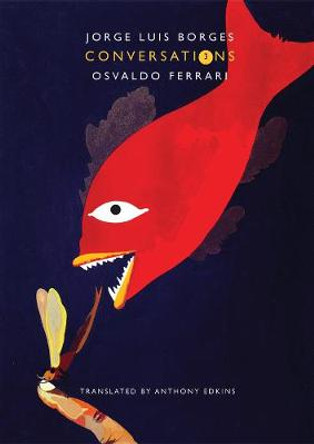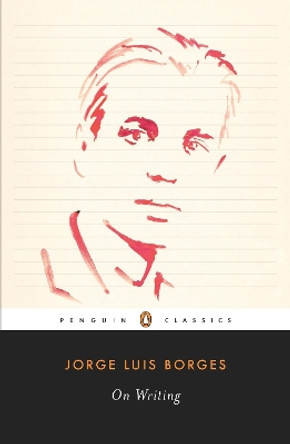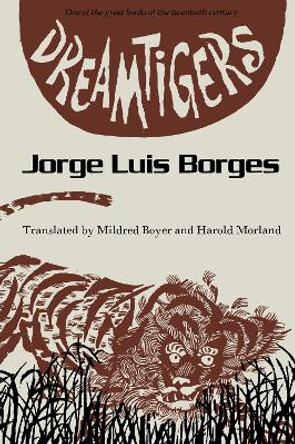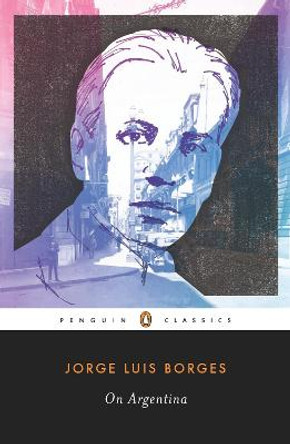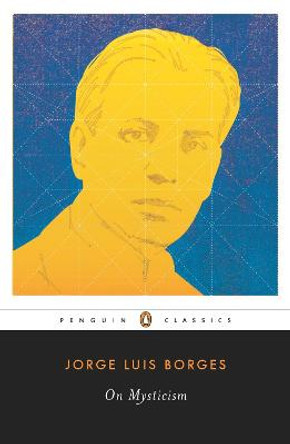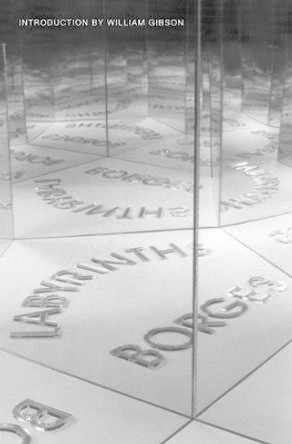Jorge Luis Borges (1899-1986) is Argentina's most celebrated author. This volume brings together for the first time the numerous contexts in which he lived and worked; from the history of the Borges family and that of modern Argentina, through two world wars, to events including the Cuban Revolution, military dictatorship, and the Falklands War. Borges' distinctive responses to the Western tradition, Cervantes and Shakespeare, Kafka, and the European avant garde are explored, along with his appraisals of Sarmiento, gauchesque literature and other strands of the Argentine cultural tradition. Borges' polemical stance on Catholic integralism in early twentieth-century Argentina is accounted for, whilst chapters on Buddhism, Judaism and landmarks of Persian literature illustrate Borges's engagement with the East. Finally, his legacy is visible in the literatures of the Americas, in European countries such as Italy and Portugal, and in the novels of J. M. Coetzee, representing the Global South.
Situates the works of Borges within the contexts of family and culture, Argentine and world history, and reception and afterlife.About the AuthorRobin Fiddian is Emeritus Fellow at Wadham College, University of Oxford and the author of eight books and over fifty articles. The majority of his publications are on topics in Spanish American literature, including the novels of Fernando del Paso (2000) and the short fictions of Gabriel Garcia Marquez (2007). His most recent book is Postcolonial Borges: Argument and Artistry (2017).
Reviews'... this is an excellent, up-to-date study of the masterful Argentine writer.' J. S. Bottaro, Choice
Book InformationISBN 9781108470445
Author Robin FiddianFormat Hardback
Page Count 306
Imprint Cambridge University PressPublisher Cambridge University Press
Weight(grams) 570g
Dimensions(mm) 235mm * 160mm * 21mm


